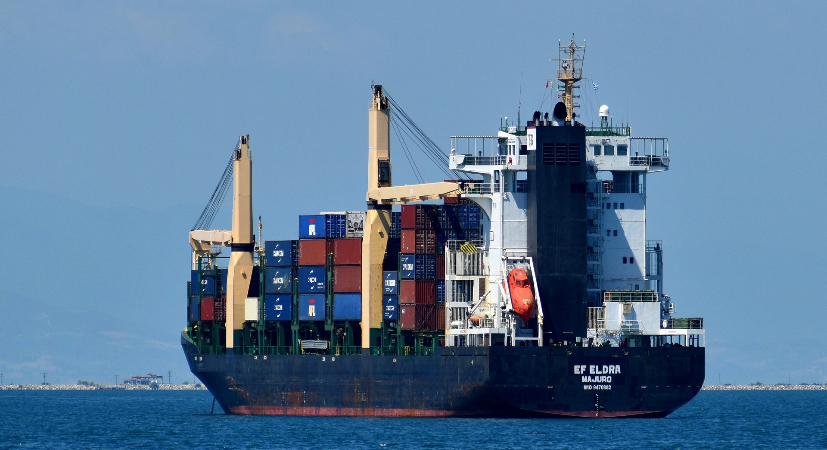
The Biden administration may have ended the year 2022 by inadvertently launching a global trade war. According to a December statement from the Office of the U.S. Trade Representative (USTR):
“The United States has held the clear and unequivocal position, for over 70 years, that issues of national security cannot be reviewed in WTO [World Trade Organization] dispute settlement, and the WTO has no authority to second-guess the ability of a WTO Member to respond to what it considers a threat to its security.”
That statement would have shocked the American negotiators who wrote the security guidelines included in the General Agreement on Tariffs and Trade charter, which eventually were adopted for use in the WTO. U.S. negotiators drafted an agreement carefully designed to prevent abuses of “security” claims as a loophole to avoid international trade rules. When asked about potential security exceptions in 1947, U.S. negotiator J.M. Leddy replied:
“We gave a good deal of thought to the question of the security exception which we thought should be included in the Charter. We recognized that there was a great danger of having too wide an exception and we could not put it into the Charter, simply by saying: ‘by any Member of measures relating to a Member's security interests,’ because that would permit anything under the sun.”
The USTR allegation that the WTO permits the imposition of any trade barrier under the sun based on unreviewable security allegations has catastrophic implications. If USTR has accurately stated the Biden administration’s rejection of congressionally approved WTO language, the following actions are all permissible as unreviewable essential security measures:
- Mexico can ban imports of U.S.-produced genetically modified (GM) corn since the ban is based in part on food security.
- Canada can restrict U.S. dairy imports by based on the Dairy Farmers of Canada's position that dairy supply management is needed for food security.
- The European Union can restrict the operation of U.S. digital services providers through measures like the Digital Markets Act and discriminatory taxes targeting U.S. companies, which have been justified to promote public security, digital security, and a move toward digital strategic autonomy.
Some U.S. corn and dairy producers have asked the government to initiate U.S.-Mexico-Canada Agreement (USMCA) disputes against Canada and Mexico. Unfortunately for them, previous North American Free Trade Agreement (NAFTA) limits on the use of fake food security allegations to restrict U.S. farm exports were gutted by former USTR Robert Lighthizer. NAFTA’s security exceptions closely followed WTO text. USMCA replaced those guardrails with this massive loophole:
“Nothing in this Agreement shall be construed to preclude a Party from applying measures that it considers necessary for … the protection of its own essential security interests.”
That leaves the WTO.
Unless the Biden administration or Congress disavow USTR’s year-end broadside, anything under the sun can now be used as an excuse to restrict U.S. trade — just as American trade negotiators feared in 1947. If that’s the case, corn growers, digital services companies, and dairy exporters may find themselves as the initial casualties in a massive global trade war.
ADDITIONAL INFORMATION:
For more historical background see Trade Multilateralism and U.S. National Security: The Making of the GATT Security Exceptions by Mona Pinchis-Paulsen and The Black Hole of National Security by James Bacchus.
Here is the WTO text:
Article XXI: Security Exceptions
Nothing in this Agreement shall be construed
(a) to require any contracting party to furnish any information the disclosure of which it considers contrary to its essential security interests; or
(b) to prevent any contracting party from taking any action which it considers necessary for the protection of its essential security interests
(i) relating to fissionable materials or the materials from which they are derived;
(ii) relating to the traffic in arms, ammunition and implements of war and to such traffic in other goods and materials as is carried on directly or indirectly for the purpose of supplying a military establishment;
(iii) taken in time of war or other emergency in international relations; or
(c) to prevent any contracting party from taking any action in pursuance of its obligations under the United Nations Charter for the maintenance of international peace and security.

